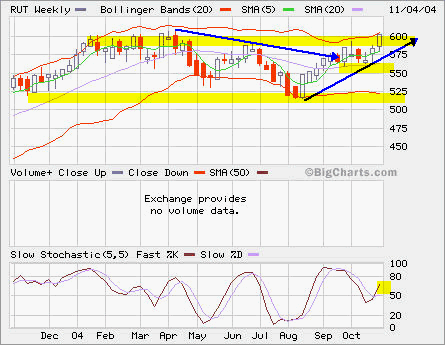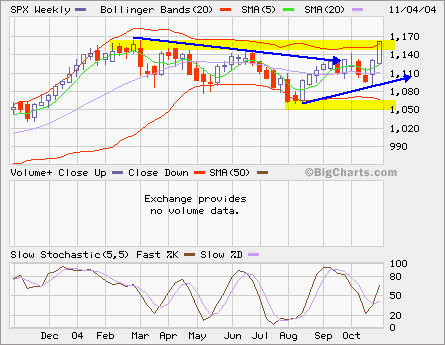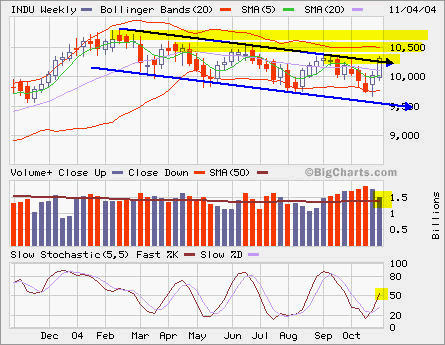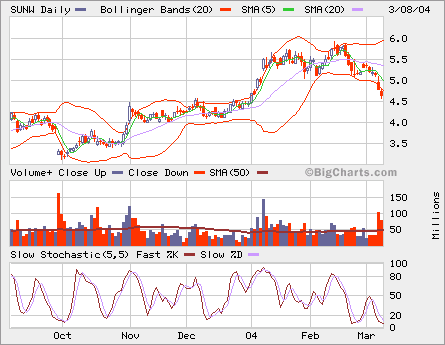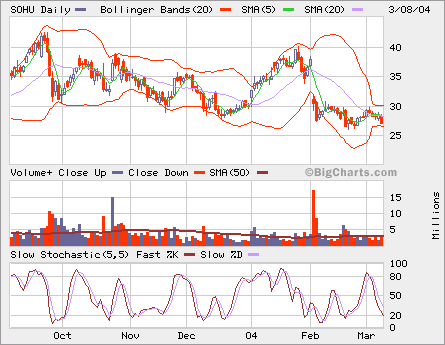now, it supports property, collection, import and option not to generate codes for imported types. download.
for more info, check here.
Statement.xsd
<br />
<?xml version="1.0" encoding="utf-8" ?><br />
<xs:schema xmlns:tns="http://microsoft.com/practices/ConsolidatedAccountStatementResponse"
elementFormDefault="qualified" targetNamespace=http://microsoft.com/practices/ConsolidatedAccountStatementResponse
xmlns:xs="http://www.w3.org/2001/XMLSchema"><br />
<xs:annotation><br />
<xs:appinfo><br />
<code xmlns="http://weblogs.asp.net/cazzu" skipImportedType="true"><br />
<extension Type="XsdGenerator.Extensions.ArraysToCollectionsExtension, XsdGenerator.Library" /><br />
<extension Type="XsdGenerator.Extensions.FieldsToPropertiesExtension, XsdGenerator.Library" /><br />
</code><br />
</xs:appinfo><br />
</xs:annotation><br />
<xs:import namespace="http://microsoft.com/practices/CashAccount" schemaLocation="CashAccount.xsd" /><br />
<xs:element name="ConsolidatedAccountStatementResponse" type="tns:ConsolidatedAccountStatementResponse" /><br />
<xs:complexType name="ConsolidatedAccountStatementResponse"><br />
<xs:sequence><br />
<xs:element name="CashAccounts" xmlns="http://microsoft.com/practices/CashAccount" type="ArrayOfCashAccount" /><br />
</xs:sequence><br />
</xs:complexType><br />
</xs:schema><br />
CashAccount.xsd
<br />
<?xml version="1.0" encoding="utf-8" ?><br />
<xs:schema xmlns:tns="http://microsoft.com/practices/CashAccount" elementFormDefault="qualified"
targetNamespace="http://microsoft.com/practices/CashAccount" xmlns:xs="http://www.w3.org/2001/XMLSchema"><br />
<xs:annotation><br />
<xs:appinfo><br />
<code xmlns="http://weblogs.asp.net/cazzu" skipImportedType="true"><br />
<extension Type="XsdGenerator.Extensions.ArraysToCollectionsExtension, XsdGenerator.Library" /><br />
<extension Type="XsdGenerator.Extensions.FieldsToPropertiesExtension, XsdGenerator.Library" /><br />
</code><br />
</xs:appinfo><br />
</xs:annotation><br />
<xs:complexType name="CashAccount"><br />
<xs:sequence><br />
<xs:element minOccurs="0" maxOccurs="1" name="AccountNumber" type="xs:string" /><br />
<xs:element minOccurs="1" maxOccurs="1" name="Contract" type="xs:int" /><br />
<xs:element minOccurs="1" maxOccurs="1" name="Balance" type="xs:decimal" /><br />
<xs:element minOccurs="0" maxOccurs="1" name="AccountType" type="xs:string" /><br />
</xs:sequence><br />
</xs:complexType><br />
<xs:complexType name="ArrayOfCashAccount"><br />
<xs:sequence><br />
<xs:element minOccurs="0" maxOccurs="unbounded" ref="tns:CashAccount" /><br />
</xs:sequence><br />
</xs:complexType><br />
<xs:element name="CashAccount" type="tns:CashAccount" /><br />
</xs:schema><br />
‘ Statement.vb
‘
_
Public Class ConsolidatedAccountStatementResponse
Private _cashAccounts As CashAccountCollection
‘
_
Public Property CashAccounts As CashAccountCollection
Get
Return Me._cashAccounts
End Get
Set
Me._cashAccounts = value
End Set
End Property
End Class
Public Class CashAccountCollection
Inherits System.Collections.CollectionBase
Public Default Property Item(ByVal idx As Integer) As CashAccount
Get
Return CType(MyBase.InnerList(idx),CashAccount)
End Get
Set
MyBase.InnerList(idx) = value
End Set
End Property
Public Function Add(ByVal value As CashAccount) As Integer
Return MyBase.InnerList.Add(value)
End Function
End Class
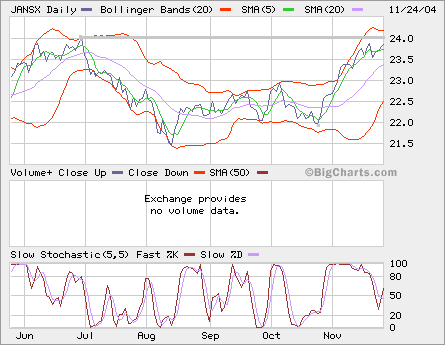 JANSX continued to move up after a little dip. I actually closed my JANSX position (+6.13%) at that dip as I thought that it had reversed and didn’t want to wait for another confirmation. It has a major resistence at 24.
JANSX continued to move up after a little dip. I actually closed my JANSX position (+6.13%) at that dip as I thought that it had reversed and didn’t want to wait for another confirmation. It has a major resistence at 24.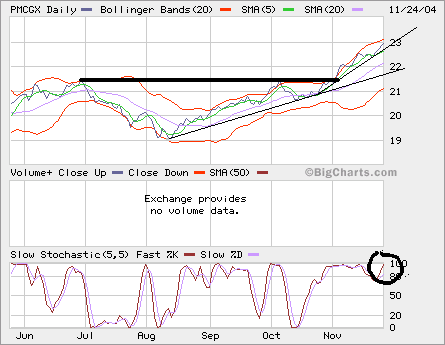 PMCGX is at 52-week high right now. I closed it at the same time when I closed JANSX. Bad move! The next resistence is at 25.
PMCGX is at 52-week high right now. I closed it at the same time when I closed JANSX. Bad move! The next resistence is at 25.
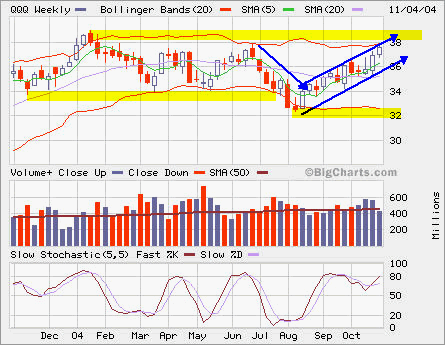 QQQ, RUT and SPX are all at or close to their 52 week high. The only exception is the INDU, which is breaking out from its downtrend line. Today’s rally were wide spread, but the volumes were at about average levels. Whether or not the overhead resistences can be taken out it remains to be seen in the comming days. As the election was over, traders and invetors alike move their focus back to routine aspects.
QQQ, RUT and SPX are all at or close to their 52 week high. The only exception is the INDU, which is breaking out from its downtrend line. Today’s rally were wide spread, but the volumes were at about average levels. Whether or not the overhead resistences can be taken out it remains to be seen in the comming days. As the election was over, traders and invetors alike move their focus back to routine aspects.